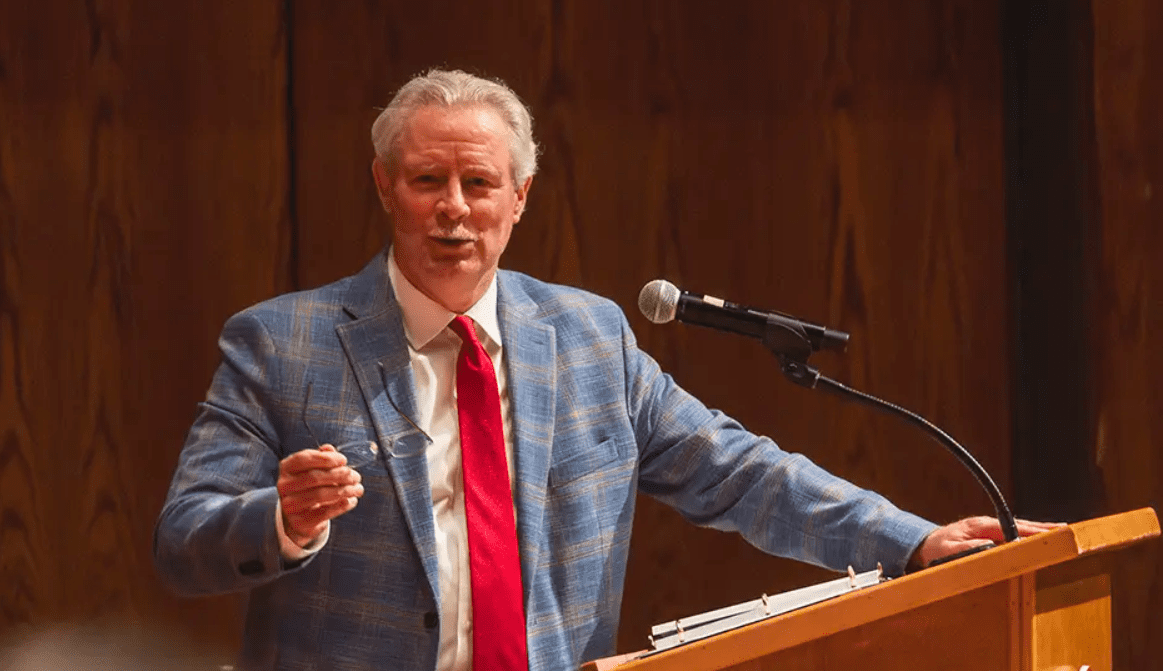Class action or class extortion? Two lawyers pay the price
In the novels of John Grisham and the real-life exploits of consumer advocates such as Ralph Nader, the plaintiff’s lawyers are the good guys – populist heroes who battle the avarice of corporate America. But that folkloric image has been battered by two recent cases that show how the plaintiff’s bar itself has been vulnerable to the greed and lawlessness it seeks to combat.
The cases involve two of the most prominent class-action lawyers in the United States, Melvyn Weiss and Dickie Scruggs. Over the past several decades, they have won billions in judgments against tobacco companies, asbestos companies, and energy companies. Both pleaded guilty this year to criminal abuse of the legal system – Weiss to kickbacks to clients who agreed to serve as instant plaintiffs, Scruggs to attempting to bribe a state court judge. What destroyed Weiss and Scruggs was a system in which the money just got too big. The two had helped spawn an industry of class-action mega-cases that was so lucrative, the plaintiffs couldn’t afford to lose. So the “good guys” began to cut corners.
The huge fees that Weiss and Scruggs were able to pocket stemmed from their technique of gathering very large groups of plaintiffs to sue corporations for damages. Weiss’ genius was getting in the door first as lead counsel, using a ready-made stable of clients who it turned out were receiving kickbacks in what a federal judge described this week as a “nationwide conspiracy that continued for decades.”
Scruggs was also adept at enrolling long lists of plaintiffs – whose damage claims were so sizable that corporations often settled rather than run the risk of multibillion-dollar payouts and possible bankruptcy. Scruggs’ special talent was working with politicians and elected judges in Mississippi and other plaintiff-friendly Southern states. As described by The New Yorker, Scruggs’ legal crusades were closer to turkey shoots than normal litigation. The elected judges looked to the plaintiffs’ bar for campaign contributions and rewarded them with friendly courtrooms that produced huge settlements.
These mega-cases have turned traditional notions of legal practice upside down. The old system was centered around individual plaintiffs who hired lawyers to seek redress through the courts. Lawyers back then regarded it as unethical to solicit clients, and until 1977 there was a strict ban against attorney advertising. Nowadays, advertising is pervasive, and in class-action cases, it’s the lawyers who in effect are hiring clients – often in a rush to file civil suits against companies that have just admitted guilt in criminal cases. At its worst, the system is close to legalized extortion.
Nobody who remembers the primitive auto-safety standards before Nader, or the arrogant power of the tobacco companies, would want a system where consumers couldn’t challenge corporate wrongdoing. But the convictions of Weiss and Scruggs, two “kings of torts,” tell us that something is seriously wrong in the plaintiff’s bar. It would be nice if the class-action lawyers reformed themselves, but if not, someone should file a lawsuit.
Lebanon Daily Star
6/4/8







